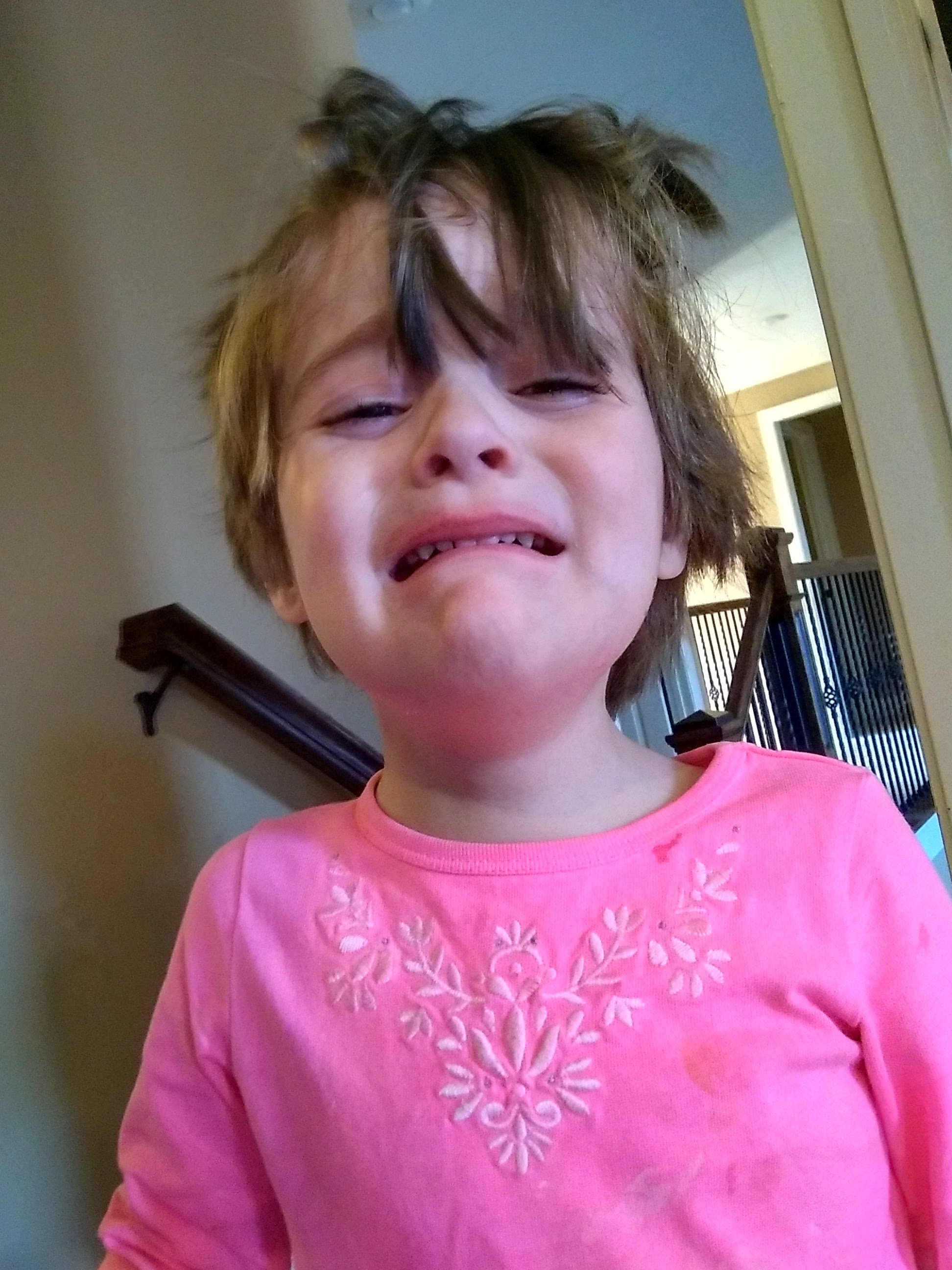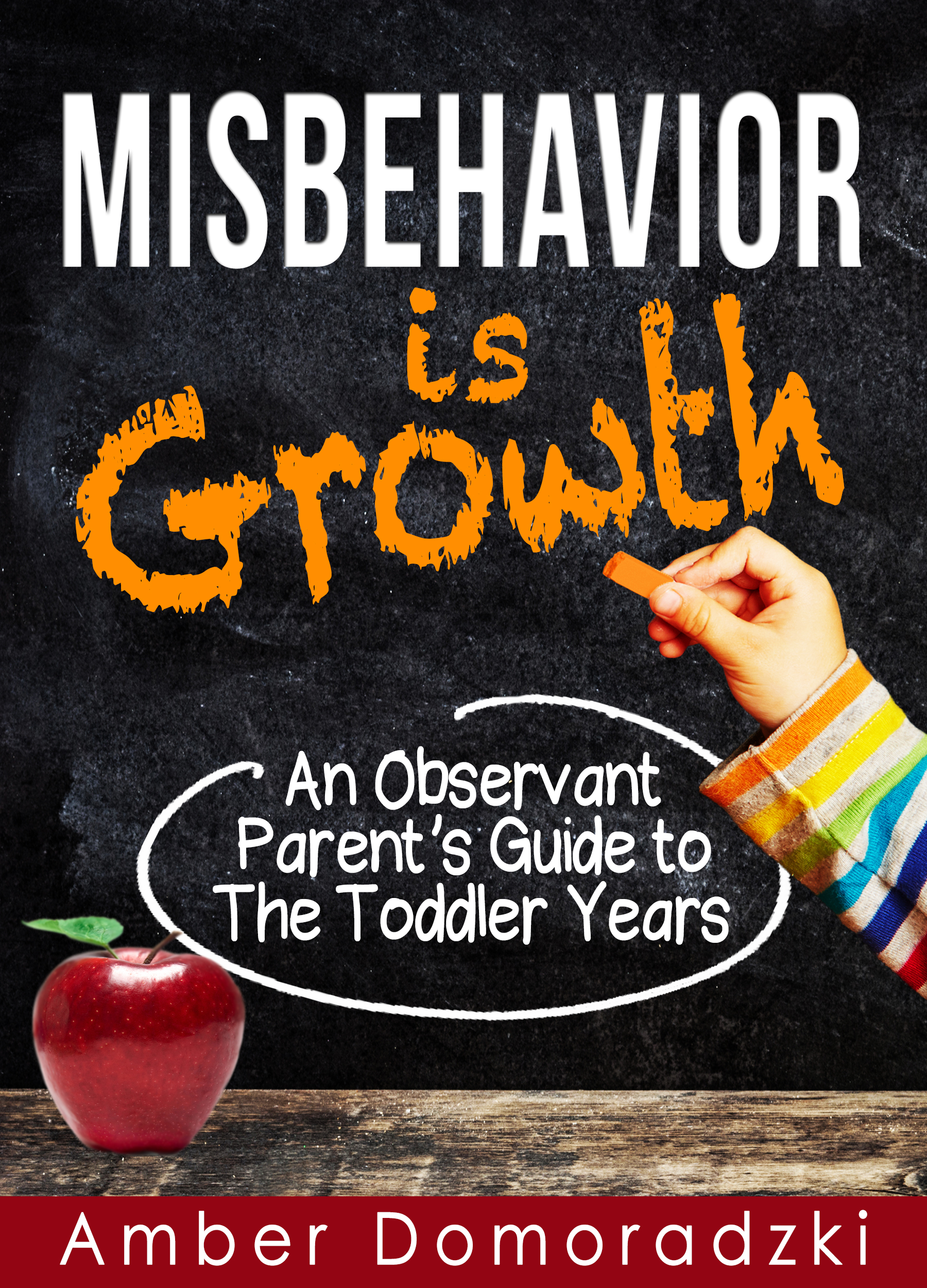When I first became a mom, my neighbor across the street also had just become a mom. Our boys were one month apart. She stayed at home and I worked. I would come home from work and they would often be out on their driveway. We would walk over and play. I miss those driveway days!
Anyway, I vividly remember a conversation we had once where I said something to the effect, “I’m really confident in parenting one child. But when I have two, I am worried over all the ‘who did it’ fights. I don’t know how to handle it.” It was like an inner truth had been released. It was clear she had similar questions. We talked about different approaches. I had read one approach where you ask a child to put away all the toys they don’t want to share before the other child comes over. She told me about some of her friends and what they did. We likely didn’t have all the answers of every situation that could come up, but we were talking about it, and that’s what was important.
This really is the problem with parenting, right? If children were “well-behaved” at all times, it would be easy to get along harmoniously. If they were mostly pleasant and undemanding throughout their youth, it would not be a huge decision to have a child. I venture to guess that many personality disorders are exacerbated if not caused from a person’s inability to deal with how irritating children can be–or just the general not quite refined, clumsy, mistake making, has-huge-emotions nature of children.
My work has been focused on documenting this exact behavior. On this site, you will see the tab “Child Development,” which has the summaries of my work. Working within a community of parents, I have been documenting age-related difficult behavior. Working off the theory of many, I also document what seems to be new, emerging abilities at these age-related difficult times. The thought is that children tend to fall apart before they grow. These stages are the mental equivalent of a growth spurt.
The more I get into it, the more I realize I’m documenting what can be the worst of the worst of parenting. It’s often the times when children are screaming, whining, or hitting. It’s stuff that, for most families doesn’t often happen but sometimes happens and can really shake a parent to their core. What did I just do? What did I just say? What did I just think? It most often happens in the privacy of home. And it’s often super easy to instantly forget all of the behaviors and actions. (Looking at you veteran moms who “always had things under control!”) If we can bring more of this to light, we can get much better tools to deal with some of the worst of the worst. And we can get along and understand each other and our kids so much better. The benefits that I envision are many and huge.
I find the conversations between moms are easy. Moms instantly understand it. You might talk to another mom and she says, “It’s all of a sudden! She just started whining a lot and wanting to be near me all the time!” That’s what these stages look like. When you talk to another mom or parent (dad are very interested in this work too!), it’s so easy to explain the developmental stages. They are in the trenches. They can see it live.
What is harder is when you are dealing with another caregiver who may or may not understand the stages. I can say I have talked to educators, doctors, parents, and others, and many respond really well to the work and want to know the details. However, I talk to others and even I sometimes get the response, “Oh everything is a stage isn’t it?” with an eye roll. While out, if my child is having a huge meltdown over something, and I know she’s in an irritable period, I still get arrogant comments like, “That child needs a nap.” I read countless stories of a child dropped off at a relative’s house and something goes bad and everyone ends up in tears.
Even people with ample experience with children and understand the stages still don’t always deal with the stages effectively. I had an experienced daycare worker, who verbally stated that she understands that they go through stages, snap at my 3-year-old for not saying “please,” which is a totally age appropriate behavior for a 3 year old.
This is the issue. It’s easy to say “go to them with love and comfort even when they are bad.” That’s what I advocate. But I want you to imagine what it looks like. Your 4-1/2 year old just threw something against a wall or he stomped on his sister. Your 3 year old just yelled at someone, “I don’t want to be your best friend anymore!” Your toddler is biting at daycare. Your 6 year old refuses to do any school work. Your 7 year old is climbing a tree at a private business (the horror!) and everyone is fretful that this will be seen as disrespect. (I watched a mother publicly spank her child for this.) A fight breaks out at an indoor playground and no one has any idea what happened. (I’ve seen this happen and I won’t go to indoor playgrounds during peak hours anymore.) How you respond in these situations is what I want to talk more about.

I asked some people if they had success stories with this issue and talking to other caregivers about it. Several said they get resistance to the idea. At least one person had a success story with spreading information about the cycles. This is what she said:
My Wonder Weeks book is currently being passed around my daycare. One of our amazing teachers has figured out that every time he sucks his thumb and climbs on her for hugs, that something is “up” with him. I shared some of the info from your webpage with her bc he was really struggling with the milestone that peaks in intensity both at 2 y 4m and 2 y 5m. She used some of the tips to help him during the day at school. His behavior improved with it. — Laura LaBianca Puente
On my website, right in the summaries about the milestones, I now offer a Surviving and Thriving section. The Surviving section is meant to give tools to help during the difficult times. I just put it up recently, and I have already gotten many comments that it’s helping people. I’m very glad for that. I’m especially glad to hear that it helped improve the behavior! I can tell you that I’ve personally seen people’s parenting improve dramatically after reading my book about this, Misbehavior is Growth. I have especially seen fathers respond well to the work. This is the conversation I want to get started: acknowledging this “misbehavior” and getting good at dealing with it; moving away from blame and towards solutions, knowing children aren’t bad, parents aren’t bad–this is just a really difficult life problem.
Further, I want to show that this misbehavior is not just random, it’s growth. I talked with a woman from Korea once about these developmental milestones. She told me there is a folk lore in her country that when a child gets sick to be prepared for better things to come, almost like it’s a sign of good luck. I love it. That’s a very similar sentiment I want to see. Imagine if a child is acting out and instead of hearing, “Oh it’s a stage, ignore it,” or worse “Get that kid in line,” you were to hear, “Hey his brain is probably going a mile a minute right now and soon to grow! I wonder what new abilities await. I can’t wait to see his unique talents unfold and understand how we can nurture it.” Wouldn’t that be wonderful? Or even further, “Oh you know if he is really good at music, I love to play piano with children. Have him come over!” These moments of extreme frustration could potentially be turned into moments of great connection. We just need to lay down any super judgmental, frustrated thoughts and inclinations that we have about children and roll up our sleeves to have the emotional fortitude, clarity of mind, and loving presence that it requires to deal with children effectively. There is no doubt about it: this is super hero work!
This is the idea behind my book series about this, Misbehavior is Growth. The first one about toddler is already out. I have many ideas to help with the difficult behavior and activity ideas to nurture the new growth. It’s not just about not seeing children as bad, it’s about diving right into it, rolling with it, and using it to help their growth and your family dynamic. Please check it out here: Misbehavior is Growth: An Observant Parent’s Guide to the Toddler Years.
If you would like to see more of this kind of understanding and loving handling of children, please share this blog post! Thank you! Come see mas “The Observant Mom” on Facebook too.
